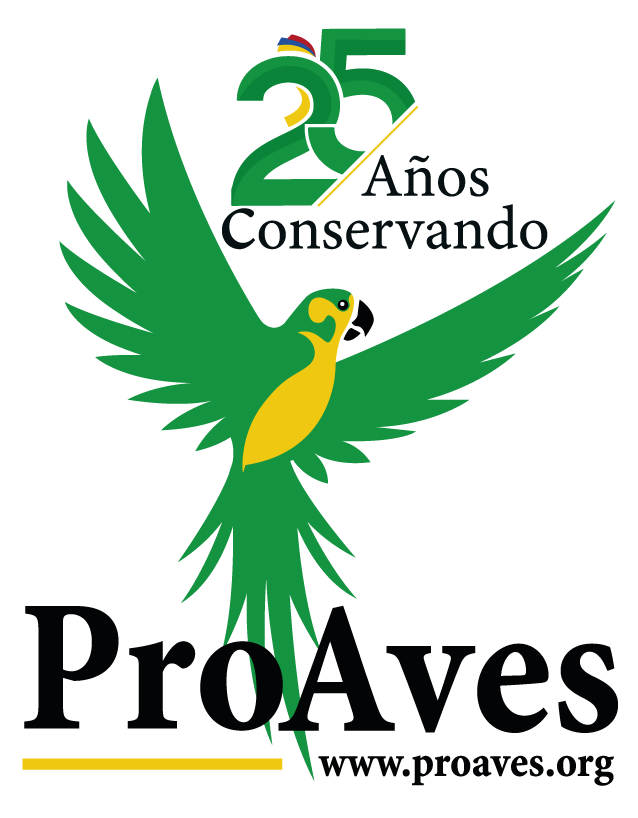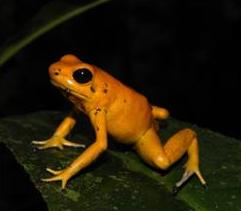 |
|
Phyllobates terribilis. |
Colombia ranks second worldwide after Brazil with 753 species of amphibians, making it one of the most diverse and rich in amphibians (Frost et al. 2010). During the last two decades, dramatic population declines and extinctions of amphibians have been reported around the world.
Several factors acting in synergy have been the main players: climate change, infectious diseases, loss and fragmentation of habitat, introduction of exotic species, pollution and lack of information on different populations of amphibians (Rueda et al. 2004, Blaston & Bancroft, 2007). Currently, it is estimated that 32% of all amphibian species worldwide are at risk of extinction. The highest concentration of endangered species has been recorded in countries like Colombia.
The enormous ignorance about relevant aspects of natural history in general and about the identity of many species living in various regions unexplored or partially explored leads to the large number of species, data deficient (DD), near threatened (NT) listed in the latest global assessment of amphibians in 2004 according to IUCN criteria, substantially alter and increase the number of species in threat levels (CR, EN, VU) (Angulo et al, 2006).
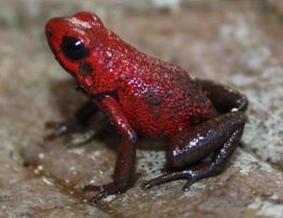 |
|
Ranitomeya opisthomelas. |
ProAves wanted to work to obtain baseline information for several species of this group to get this way to contribute evidence and carry out actions to counter this crisis that we find this group.
Examples of these investigations is the rediscovery in 2006, after fourteen years without information, two critically endangered amphibian species in our Bird Nature Reserve El Dorado, with support from Conservation International: Variegated Harlequin Frog (Atelopus laetissimus) and the San Lorenzo harlequin frog (Atelopus nahumae).
Recently work has been done seeking the latest information of the status of amphibian populations Sonsón Paramo, Oophaga terribilis and Phyllobates lehmanni.
Related news
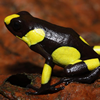 |
Search for the Lost Amphibians of Colombia
Friday 8 October 2010.
An international expedition in search of amphibians in the Chocó, lead by ProAves, Global Wildlife Conservation, and Conservation International, made several major discoveries including finding three amphibian species considered new to science.
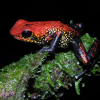 |
La Brea Poison Frog rediscovered, but in critical condition
Monday 27 September 2010.
In the Chocó lowland rainforests of Cauca Department, a ProAves expedition has rediscovered the amazing La Brea Poison Frog (Oophaga occultator) since it was first described in 1976. Despite its “Data Deficient” IUCN status, its habitat is being rapidly destroyed and completely unprotected.
